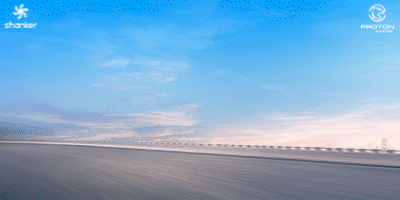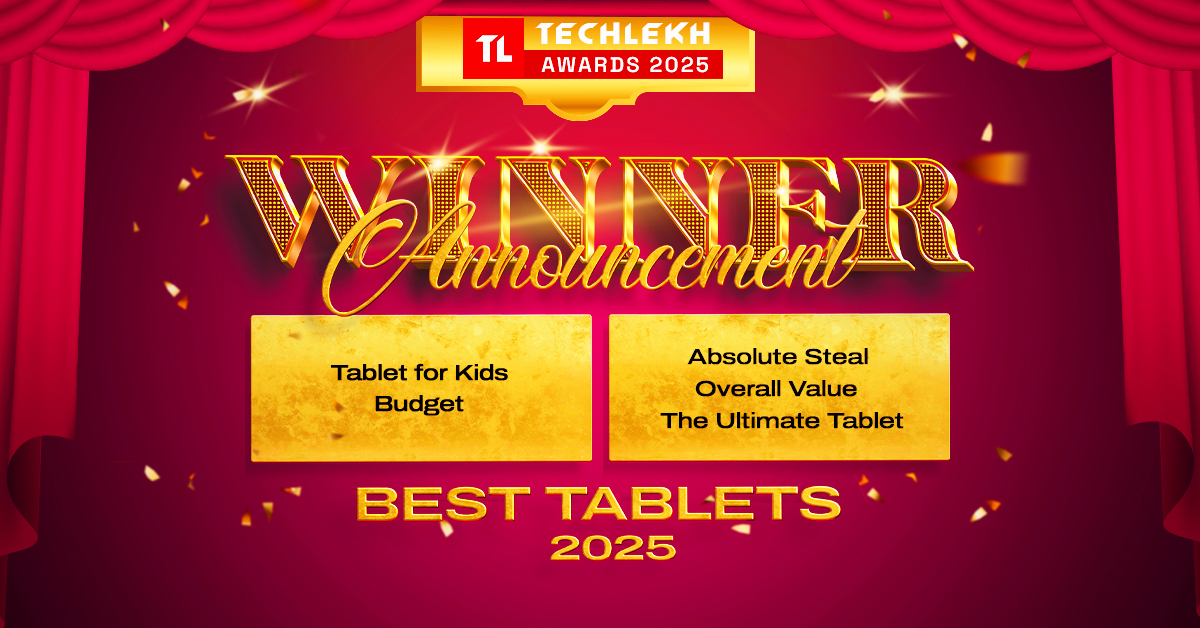For those seeking an alternative method of enhancing their financial picture, venturing into the forex market is becoming an increasingly popular choice. The numbers tell the story – the Bank for International Settlements reports that daily trading values reached $6.6 trillion as of April 2019. To put that into perspective, that figure has risen $1.5 trillion in just three years.
South Korea has established itself as a central hub in the forex sector in recent years, with the South Korean won (KRW) the 12 th most-traded currency around the world as of 2019, involved in 2% of all deals. There are plenty of reasons why setting up a forex trading business in South Korea could prove advantageous, but what are those reasons, what are the risks, and what do you need to know before you get started?
What is forex trading?
Forex (an abbreviation of foreign exchange) involves the trading of one currency for another, for example, the US dollar for the KRW. Forex traders monitor the exchange rates between two currencies and use that analysis to spot potentially profitable opportunities on the market, by buying low and selling high. The forex market tends to be fast-paced and volatile as it works in line with currency fluctuations around the world.
Why South Korea?
The forex markets are open 24 hours a day and South Korea is conveniently positioned in a geographical sense. The major hubs include the likes of Sydney, Hong Kong, London, and New York, and South Korea’s time zone means traders can kick things off when Australia opens up before breakfast and, should they want to, keep working until things close down in the United States in the early hours of the next morning.
South Korea is also an extremely tech-savvy nation, often at the forefront of driving technological innovations and developments. In such a fast-paced environment where time is of the essence and split-second decisions need to be made on a consistent basis, having access to cutting-edge equipment and systems means traders can gain a crucial edge.
Furthermore, the country boasts a robust economy, which the International Monetary Fund ranks as the 12 th largest in the world. Such a strong position means traders can usually rely on the KRW as a dependable currency around which to center their deals.
What do you need to do?
But before you get started, you need to plan carefully, assessing all the risks and benefits. You might want to ask yourself the following questions:
What are your goals? Will you only be trading in relatively small amounts, or will greater sums be at stake?
Will you be able to limit yourself to only trading in amounts you can afford to lose?
Are you going to be able to monitor currencies sufficiently to make informed decisions?
Will you be partnering with a reputable broker?
Do they offer a demo account that allows you to experience real-life market conditions without the risk?
Can you afford your broker’s leverage terms, if applicable?
Is your personality suited to forex trading? It’s a market that attracts those with a high-risk appetite, and it may not be wise to begin trading half-heartedly.
If you think you can answer all of these questions to your satisfaction, perhaps it’s time to take those first steps into setting up.
-
TechLekh Awards: Best Phones of 2025 in Nepal Winners!Ooooooooooh boy, what a year it was for smartphones, even in Nepal! Phones have been…
-
TechLekh Awards: Best Tablets of 2025 in Nepal Winners!The smartphone scene in Nepal was absolutely crackling this year with constant new launches and…
-
TechLekh Awards: Best Scooters of 2025 in Nepal Winners!Scooters have played a major role in shaping everyday mobility in Nepal. They have always…
-
TechLekh Awards: Best Bikes of 2025 in Nepal Winners!Motorcycling in Nepal has always meant more than just getting from one place to another.…
-
TechLekh Awards: Best Cars of 2025 in Nepal Winners!Electric vehicles continue to dominate Nepal’s market in 2025, and Chinese manufacturers still lead the…
-
Honor Mobile Price in Nepal (February 2026 Updated)This is the complete list of HONOR mobile price in Nepal for 2026. In this…
-
Ai+ Pulse & Nova 5G Prices Increased in Nepal (AGAIN!)HIGHLIGHTS The Ai+ Pulse and Nova price in Nepal start from Rs. 10,999 (4/64GB) and…
-
Best Phones Under 35000 in Nepal (February 2026 Updated)I’ve always said that Rs. 30,000 is where phones start getting interesting. You can check…




















